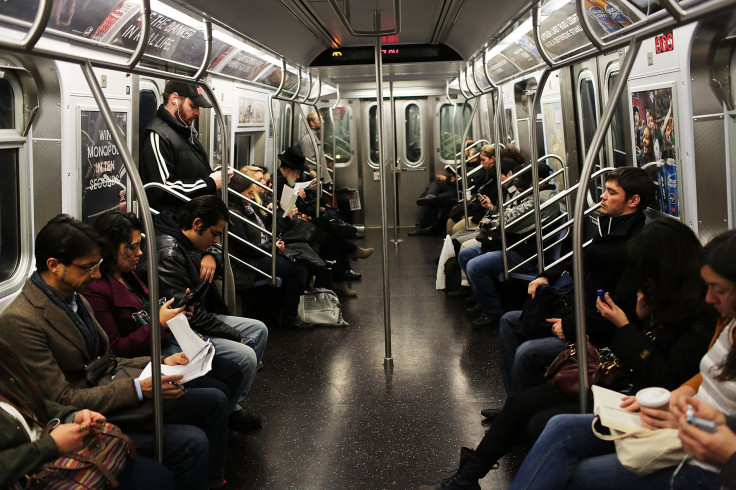NYC Subway Could Get 8 New Lines Under Expansion Plan

New York City intends to make vast improvements to its public transportation, according to a report published Thursday by the Regional Plan Association (RPA).
The RPA's Fourth Regional Plan poses 61 suggestions that could help enhance the entire city and its transportation system, including creating eight additional lines and extensions. The subway expansion would provide access to entire stretches of the region that are currently without it.
The plan comes on the heels of slow construction changes being made to tracks that are currently underway. The RPA claims that decades worth of "underinvestment" in the city's subway system has resulted in its rapid deterioration. This has led the organization to call for the modernization of its current framework over the next 15 years.
"The MTA should also begin to expand the subway system into neighborhoods with the densities to support fixed-rail transit, particularly low-income areas where residents depend on public transportation," the RPA said in a report. "These strategic extensions would provide a better, more time- and cost-effective option for more residents, foster economic opportunities, and reduce traffic congestion.
"The fourth plan recommends building eight new lines and extensions in four boroughs."
The changes could aid in reducing crowding issues, improving accessibility for individuals with disabilities and creating an overall healthier environment for all travelers, according to the RPA. The plan also provides recommendations for John F. Kennedy and Newark International airports to be modified, public streets to be expanded and for more toll roads to be added to reduce congestion on roadways, among other ideas.
The project has already come under scrutiny for proposing to remove 24-hour subway service, which was recommended in an effort to give workers more time to complete updates and maintenance. Increased bus service was suggested as an option to replace the MTA's overnight operations. This would affect an average of 85,000 passengers between 12:30 a.m. and 5:30 a.m. EST.
"The overwhelming majority of people who ride the subway during the daytime would benefit from the better, more reliable, cleaner and better-maintained system that weeknight closures allow," the report claims.
RPA will not rely solely on the MTA to introduce changes due to its track record of gradually producing results. The Subway Reconstruction Public Benefit Corporation (SRPC) would be in charge of the reform, which would be controlled by the governor.
The project would reportedly cost $27 billion over the course of 15 years.
© Copyright IBTimes 2025. All rights reserved.






















